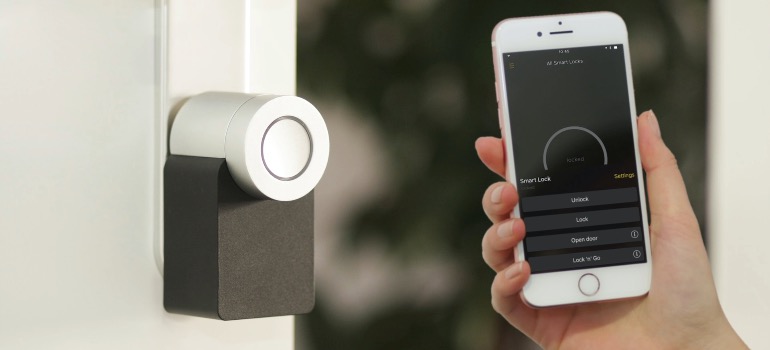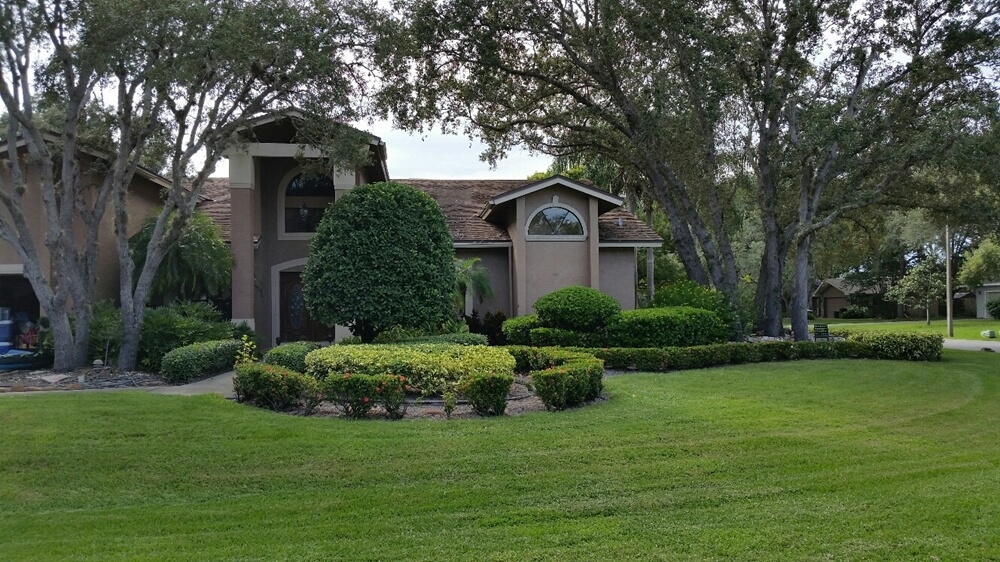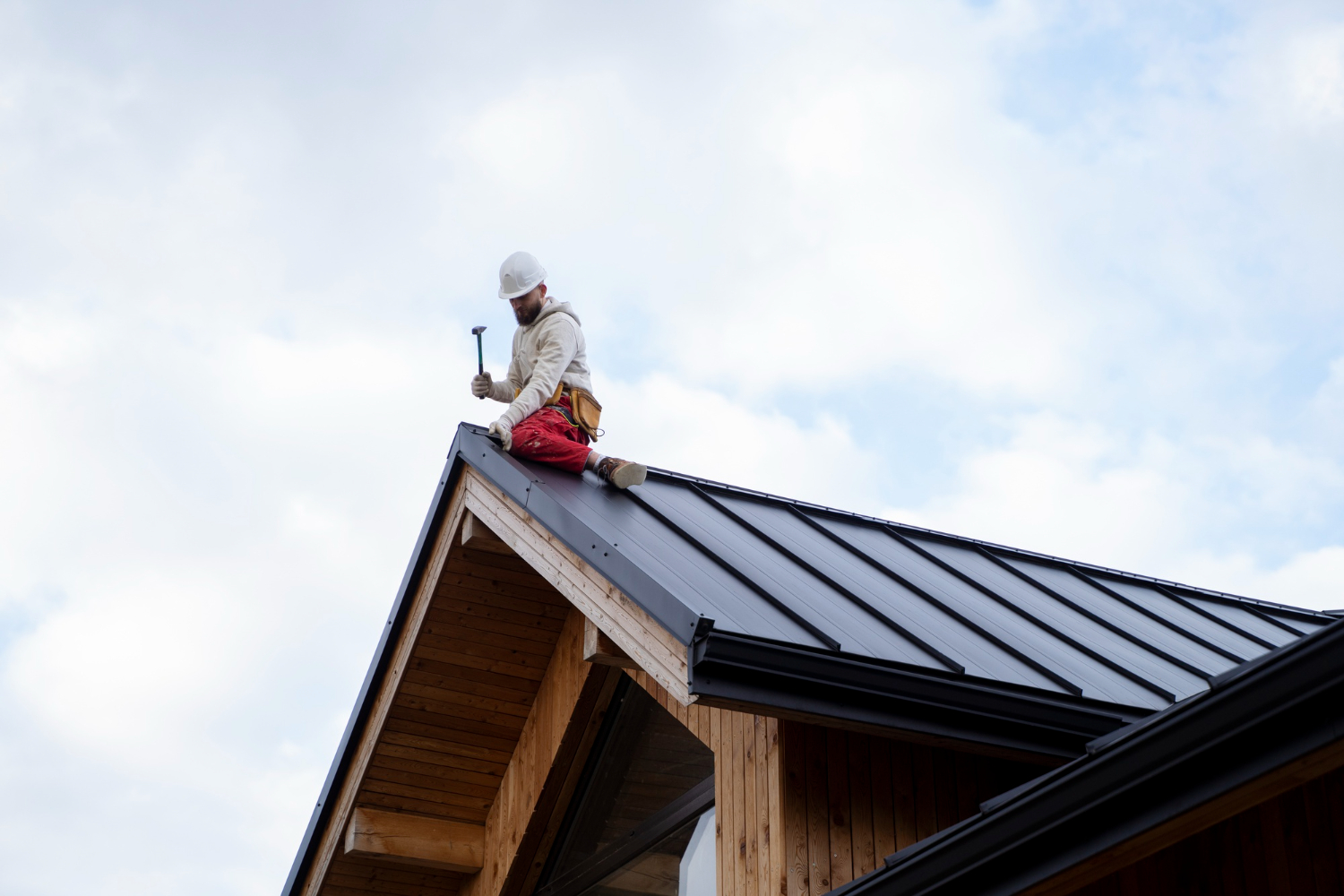By using our website, you agree to the use of cookies as described in our Cookie Policy
a
Rss Feed
Guide to Assessing Renovation Costs vs. Buying in Move-In-Ready Condition

At some point, every homeowner will be confronted with a significant decision: to renovate their existing home or to consider purchasing a new, move-in-ready property. This decision is often influenced by multiple factors, including finances, personal preferences, and long-term plans. Central to this deliberation is the dilemma of assessing renovation costs vs. buying in move-in-ready condition. This guide comprehensively examines both options, offering insights, comparisons, and data-driven advice to help homeowners make an informed and strategic choice for their housing future.
How to Assess Renovation Costs for Your Current Home
1. Understand the Current Condition of Your Home
Before undertaking any renovation or deciding to shift to a new property, a deep understanding of your current home's condition is paramount. Employing professional home inspectors can offer invaluable insights into potential areas of concern, from foundational issues to outdated electrical systems. Furthermore, you might uncover areas that would benefit from specific renovations. For instance, as homeowners age, they might find the need to remodel their bathroom for aging in place. Addressing these areas can enhance livability and significantly improve the home's overall market value.
2. Estimate the Costs of Renovations
A pivotal step before initiating any home renovation is accurately estimating the associated costs. This includes understanding the breadth of expenses, from materials to labor. Securing multiple quotes from contractors ensures you get a competitive rate. However, it's also essential to strike a balance between quality and affordability. Many homeowners aspire to remodel without breaking the bank, which may involve prioritizing tasks or seeking alternative solutions for renovating your home on a budget. Additionally, it's wise to allocate a portion of your budget for unforeseen expenses, ensuring your project stays on track both in terms of finance and execution.
 Ensure to calculate the costs of your renovation when assessing renovation costs vs. buying in move-in-ready condition.
Ensure to calculate the costs of your renovation when assessing renovation costs vs. buying in move-in-ready condition.
3. Consider Time and Inconvenience
While finances play a significant role, it's equally important to evaluate the time and potential disruptions associated with renovations. A comprehensive renovation can span weeks or even months, impacting daily routines and family life. Temporary relocations might become necessary, adding to the stress. When assessing renovation costs vs. buying in move-in-ready condition, it's essential to factor in these non-monetary elements. Time, after all, is an invaluable asset. The emotional and practical toll of living in a construction zone can sometimes outweigh the benefits of a renovated space.
4. Factor in Appreciation Value
One of the long-term benefits of renovations is the potential appreciation of your home's market value. Homeowners can significantly elevate their property's worth by updating outdated areas, adding modern amenities, or expanding spaces. You have to understand, however, that any home can be renovated with the right techniques, but not every home renovation will increase its value. This is because not all modifications have the same ROI. Researching which improvements resonate with current market trends and demands can guide homeowners in making decisions that provide both functional benefits and financial gains.
Reasons to Choose a Move-in-Ready Home
1. Convenience and Ease
Opting for a move-in-ready home offers a level of comfort and simplicity that's hard to match. Unlike the lengthy process of renovating, which can be fraught with unexpected delays and challenges, a move-in-ready home provides immediate shelter and comfort. There's no waiting for contractors to finish their work or for permits to be approved. Homebuyers can immediately start settling in, decorating, and making the space their own. The peace of mind derived from knowing that everything is up-to-date, functional, and designed to current standards is a significant advantage in favor of such properties.
2. Modern Standards and Upgrades
A major draw for move-in-ready homes is that they adhere to contemporary building standards and often come equipped with modern upgrades. These properties typically offer energy-efficient systems, updated amenities, and recent design trends that appeal to today's homeowners. Moreover, when buying a newer home, there's a higher likelihood that the structural components are in prime condition. This reduces the immediate need to inspect your future home’s structural integrity extensively compared to older homes. Overall, these modern standards and upgrades can provide homeowners with a seamless and up-to-date living experience.
 A new, move-in-ready home might have more modern amenities like smart home appliances.
A new, move-in-ready home might have more modern amenities like smart home appliances.
3. Financing and Cost Predictability
When exploring the financial dimensions of home ownership, purchasing a move-in-ready home often presents a clearer picture. The overall costs are more predictable, with fewer unexpected expenses popping up post-purchase. This clarity in financial forecasting stands in contrast to assessing renovation costs vs. buying in move-in-ready condition, where renovation projects might uncover unforeseen issues, leading to budget overruns. Furthermore, securing financing for a new home purchase can be more straightforward, with many institutions offering tailored mortgage products, making the financial journey smoother for potential homeowners.
4. Emotional Fresh Start
Relocating to a new environment offers more than just a change of scenery; it provides an emotional reset. A move-in-ready home allows individuals and families to begin anew, free from the memories or constraints of the previous space. This fresh start can be instrumental in fostering personal growth, kindling new aspirations, and paving the way for new experiences. Whether escaping past burdens or simply craving a different backdrop for future memories, the emotional rejuvenation that comes with settling into a brand-new space can be a powerful driving force in the home-buying decision.
Making the Decision – Renovate or Move-In-Ready?
1. Calculate Total Costs for Both Scenarios
Before making a definitive decision on renovating or relocating, a comprehensive financial comparison is essential. This involves detailing every conceivable expense for both options. For renovations, this means factoring in costs of materials, labor, permits, and any potential overruns. When considering a move-in-ready home, one must account for the purchase price, closing costs, moving expenses, and any immediate customizations. An exhaustive comparison provides a clearer picture of the total financial commitment for both paths. This ensures that homeowners can make a well-informed decision based on their budgetary constraints and long-term financial goals.
2. Assess Personal Priorities
When weighing the decision of renovating versus relocating, it's crucial to factor in personal priorities alongside financial considerations. What truly matters to you and your family? Do you value the sentimental connection to your current home, or is the appeal of a fresh start more enticing? How do convenience, neighborhood dynamics, and lifestyle needs influence your preferences? In the process of assessing renovation costs vs. buying in move-in-ready condition, aligning with personal priorities can make the difference between a choice that merely looks good on paper and one that genuinely resonates with your life goals.
3. Consider Market Conditions
The broader real estate market can heavily influence the decision to renovate or buy. It's essential to gauge whether the market is currently favoring buyers or sellers. In a seller's market, where demand outstrips supply, finding a move-in-ready home at a reasonable price can be challenging. Conversely, there might be ample opportunities to secure a great deal on a new property during a buyer's market. Monitoring interest rates, understanding local property trends, and being aware of projected market shifts can provide valuable context, ensuring homeowners make an informed decision aligned with current and future market dynamics.
4. Seek Professional Advice
While personal research and self-assessment are vital, the insights of professionals can offer invaluable clarity. Engaging real estate agents, financial advisors, or renovation consultants can provide a balanced perspective, drawing upon their industry knowledge and experience. They can highlight potential pitfalls, offer solutions to unforeseen challenges, and present alternative scenarios you might not have considered. Additionally, professionals can offer an objective viewpoint, detached from the emotional ties homeowners might have to their property. This level of expertise can be the difference between a successful outcome and costly mistakes, making it essential to consult before making a final decision.
 Working with a professional real estate agent might help you gain some perspective on your situation.
Working with a professional real estate agent might help you gain some perspective on your situation.
To Wrap Up
Navigating the landscape of home ownership presents myriad decisions, with the debate of assessing renovation costs vs. buying in move-in-ready condition being one of the most difficult to wrap your head around. Both paths come with distinct advantages and challenges. While renovations offer the possibility of crafting a personalized space, move-in-ready homes promise convenience and modernity. Ultimately, the decision lies at the intersection of financial feasibility, personal priorities, and long-term aspirations. By leveraging the information and insights provided in this guide, homeowners can confidently chart a course that aligns with their unique circumstances and goals for the future.
‹ Back






.png)
